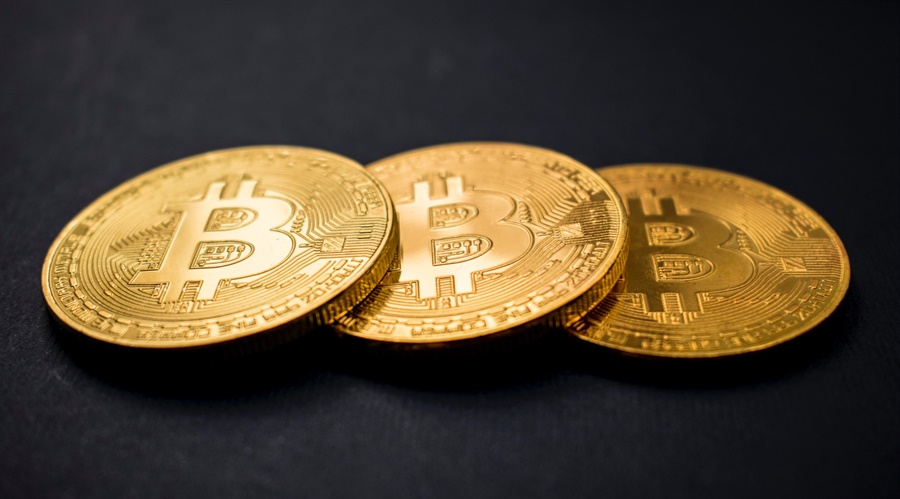Investors,
businesses, and governments are all focused on regulatory monitoring. The
cryptocurrency market has grown significantly over the last decade, having
begun as a decentralized and unregulated space. The regulatory landscape is
continually altering as nations wrestle with how to address this booming
industry.
The
Regulatory Mishmash
The lack of
consistency among countries is one of the most significant difficulties in
crypto legislation. Each country approaches cryptocurrencies differently, resulting
in a complicated and frequently contradicting ecosystem. Some countries have
embraced cryptocurrencies, establishing clear legislative frameworks to
encourage innovation and acceptance, while others have been more cautious or
antagonistic.
Countries such
as Switzerland and Singapore, for example, have emerged as global hotspots for
crypto innovation, providing clear legal frameworks and attracting a slew of
blockchain businesses. China, on the other hand, has cracked down on
cryptocurrency activity, outlawing ICOs and cryptocurrency exchanges.
The regulatory
climate in the United jurisdictions differs by state, with some jurisdictions
aggressively fostering crypto firms and others enforcing harsh rules. Due to a
lack of federal certainty, many crypto firms are forced to navigate a patchwork
of state regulations.
The SEC’s
Position on Tokens
The Securities
and Exchange Commission (SEC) is a prominent regulatory body in the United
States that has a considerable impact on the crypto market. The Securities and
Exchange Commission has been extensively investigating digital tokens to
determine whether they should be categorized as securities. This decision is
critical because it subjected tokens to a slew of legal restrictions.
The SEC’s
stance has shifted over time. It published the DAO Report in 2017, which
clarified that some tokens may be considered securities depending on their
characteristics and how they are offered and sold. This guidance shook the
crypto ecosystem and prompted more regulatory scrutiny.
As a result,
numerous crypto projects have obtained legal guidance to assure SEC compliance.
Some have chosen to conduct initial coin offers (ICOs) organized as securities
offerings, while others have avoided selling tokens to US investors entirely.
The Rise of
Stablecoins
Stablecoins are
one segment of the cryptocurrency market that has come under heavy regulatory
investigation. Stablecoins are digital currencies that are tied to a reserve…
























